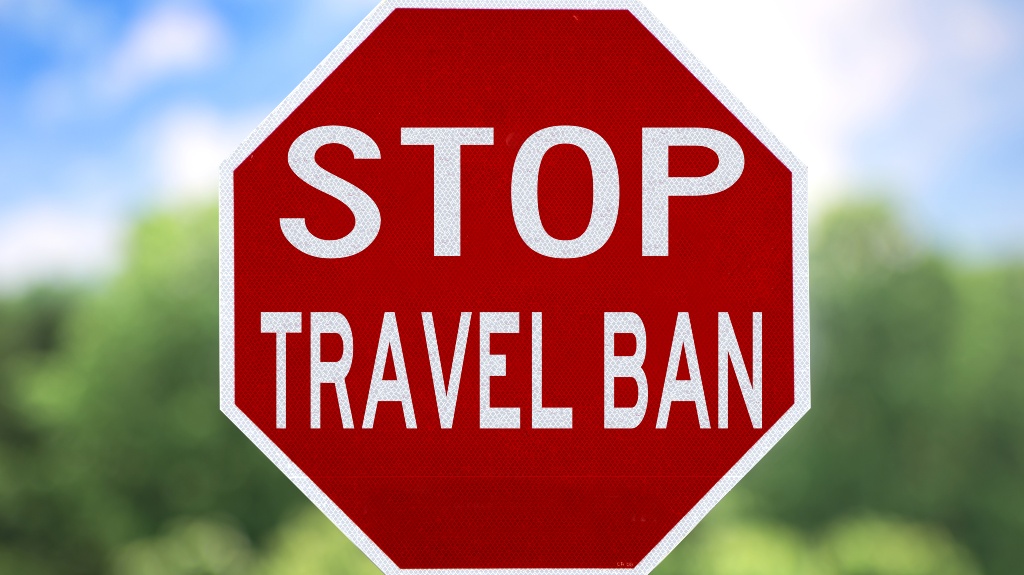
The current U.S. Presidential administration is signaling the potential return of a U.S. travel ban. While specific details have not yet been finalized, early reports suggest that new restrictions could impact travelers and visa applicants from dozens of countries, which the administration deems to pose national security risks. The full scope of the proposed ban remains unclear, but it is likely to affect individuals seeking to enter the U.S. for work, tourism, or to join family members. With these potential changes on the horizon, it’s critical to take proactive steps. If you or a loved one is applying for a U.S. visa, consulting with an experienced immigration attorney now can help you understand your rights for the future.
Recent History of Travel Bans
A new travel ban under President Donald Trump is currently under serious consideration and could significantly impact immigration policy and the ability of foreign nationals to obtain visas. During his previous administration, President Trump implemented Presidential Proclamation 9645 in 2018, which placed visa restrictions on nationals from eight countries: Chad, Iran, Libya, North Korea, Somalia, Syria, Venezuela, and Yemen. While the proclamation blocked most immigrant and nonimmigrant visas from those countries, it also provided a waiver process, which allowed applicants to submit travel ban waiver requests when they filed a I-130 petition. President Joe Biden rescinded the travel ban immediately upon taking office on January 20, 2021.
The Potential for A New Travel Ban Under The Current Presidential Administration
President Trump has returned to office, and now is seriously thinking about reinstating his previous travel band on nationals from countries he considers a U.S. security threat. His current administration is actively exploring options to reinstate and expand travel restrictions, however, with an even broader scope this time around. Recent reports indicate that the administration is reviewing visa and entry policies for as many as 43 countries, categorized into (3) risk levels. Nations placed on the “red list,” including Afghanistan, Iran, and Syria, could face total entry bans, cutting off both immigrant and nonimmigrant access. Countries on the “orange list” may be subject to partial restrictions, which could limit specific visa categories such as student or work visas. Those countries on the “yellow list” are under continued evaluation and might face restrictions in the future if their risk level changes
How A Travel Ban Would Affect Visa Applications

The proposed travel ban, if implemented, would certainly impact the U.S. visa process. A new travel ban could lead to heightened security screenings, increased visa denials based on political affiliations or perceived risks, and significantly longer processing times. Any travel ban could also potentially restrict visas for nationals of the countries, meaning they would be ineligible for any type of visa. Thus, people from countries on the list would be completely banned entry into the United States. This would be the case unless there is a waiver process offered, and applicants apply for and are granted justification for a waiver. Immigration law is always changing and this is a story that we must pay active attention to. As such, if you are looking to apply for a visa to enter the United States (for any reason) it is important to keep abreast of the immigration law news. It is always recommended to seek advice from an immigration attorney if you have any questions or concerns regarding how your visa could be affected.
Contact CoxEsq, PC Immigration Law Firm For Help With Your Visa
U.S. immigration law changes fast and with full force. A potential travel ban could seriously impact your visa and immigration case. With deep knowledge and decades of experience, CoxEsq, PC is law firm that can help you understand your rights, anticipate legal challenges, and ensure you have someone advocating for you every step of the way. Contact our immigration law firm today to schedule a consultation regarding how a potential travel ban could affect your visa.
